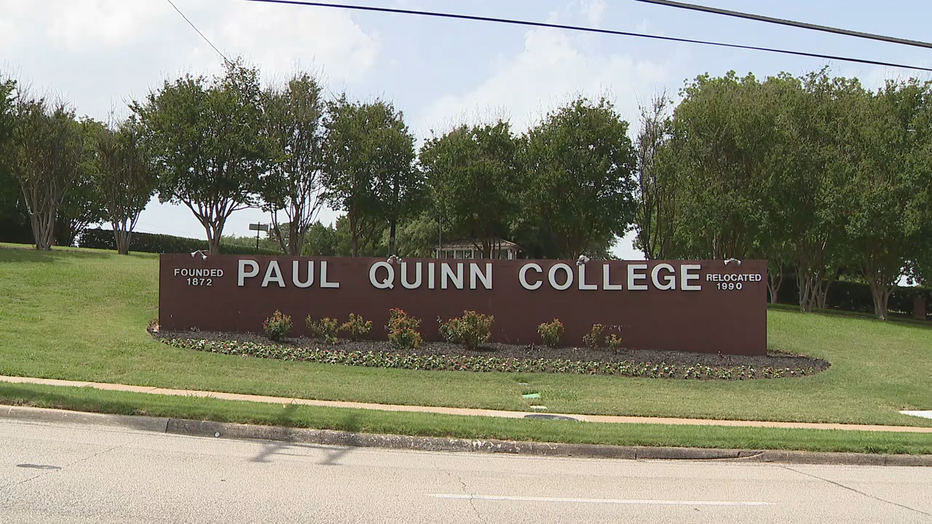Free COVID-19 testing offered to hundreds at Paul Quinn College in Dallas
DALLAS - State and local health experts are trying to increase COVID-19 testing across the board in an attempt to get a handle on how and why the disease is spreading so quickly.
This as Governor Greg Abbott rolled back some of the openings across the state.
Free testing was offered at Paul Quinn College to hundreds on Saturday.
The nearly 500 people who were tested there received “Safe For My City” masks.
As the coronavirus spread continues in Dallas County, officials are encouraging everyone to wear a mask.
On Saturday, Dallas County set another coronavirus record, with 561 new cases.
RELATED: Dallas County reports record-breaking 561 new COVID-19 cases
While more testing is being done, it doesn't entirely account for the large number of news cases.
Health officials said the increased positivity rate is due to people not wearing masks and not social distancing.
“What we saw was there was a void. NPR did a report and showed the disparities of testing from the northern part of our region and the southern part,” Paul Quinn College President Dr. Michael Sorrell said.
Paul Quinn College offered free walk up testing Saturday.
“In the first 90 minutes, we administered more than 300 tests,” Sorrell said. “To put this in perspective, the original thought was viability for our site would be 100-150 tests per day, we have smashed that. Today alone we have a shot of going over 500 tests.”

RELATED: Coronavirus Continued Coverage
Sorrell said the college will start to do walk up testing on Tuesdays and Saturdays, and added that continued COVID-19 testing is needed, especially in minority communities.
“If we get people identified early, they can be treated earlier, and then, while we don't have a vaccine, there are ways to prevent people from dying with the virus,” he said. “So yes, there's a very real need. To be the city's only historically black college and only minority serving institution, of course we are going to speak to the needs of the ignored, of the underrepresented and bring their plight to attention.”

